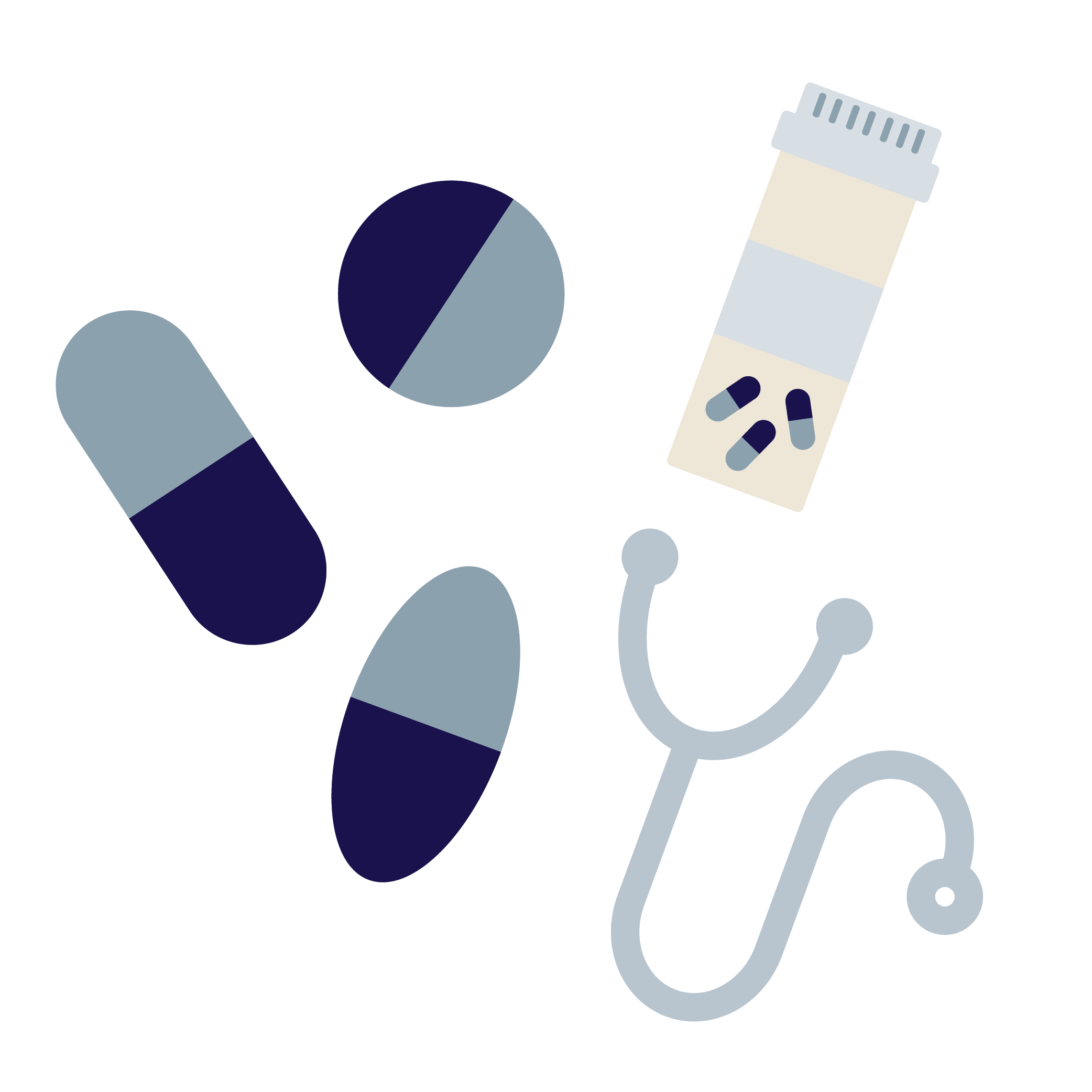
PERIOD PAIN — WHAT YOU NEED TO KNOW
What is period pain?
During your period, the lining of the womb breaks down and muscle contractions help to get rid of the old lining as menstrual blood. Period pain is caused by the muscle walls of your womb contracting. The body reacts to these contractions by releasing pain chemicals and you feel this as an ache or painful cramp.

What are the symptoms of period pain?
Most women feel some discomfort during their period and period pain can vary from month to month. The pain can range from a dull constant ache to painful muscle spasms that stop you from doing what you normally do.
What causes period pain?
Period pain is caused by muscle contractions in the womb. When the muscles contract, the womb releases chemicals that signal pain. During your period, the womb also releases chemicals called prostaglandins which make the contractions stronger, triggering more pain signals and causing the cramps.
Sometimes strong period pain can be worsened by other medical conditions, this is usually noticed when previously manageable period pain becomes consistently worse. If this has happened to you, it is important to get checked out by your GP and this service is not suitable for you.
What can I do to reduce period pain?
There are several things that you can do to help ease your period pain.
You may find a hot bath or holding a hot water bottle against your lower stomach soothing. It’s also important that you try to manage your stress levels since stress can trigger more painful periods. Smoking has been shown to make period pain worse, while a healthy diet including fruits and vegetables will help to keep your body in balance and may help reduce your symptoms.
Hormonal contraceptive pills taken regularly have been shown to help reduce the pain.
Page last reviewed by: Dr. Christina Hennessey 21/06/2021

